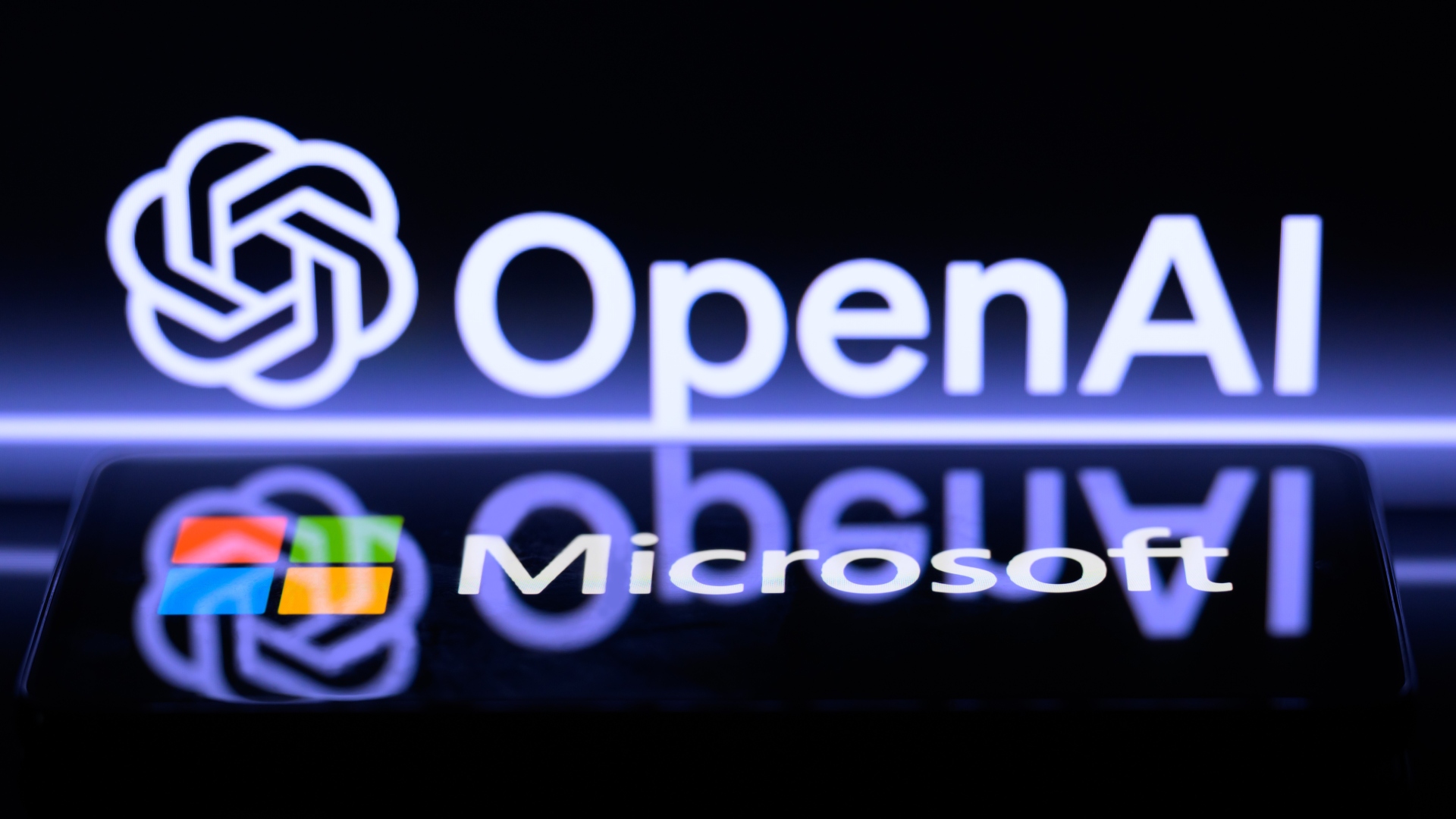T4K3.news
Meta rejects EU's AI code of practice
Meta refuses to sign the EU's AI regulations, citing excessive legal concerns.

Meta will not sign the EU's new rules, calling the implementation over-reach.
Meta rejects EU's AI code of practice
Meta has refused to sign the European Union’s code of practice for its AI Act ahead of its implementation. This decision comes just weeks before the new rules take effect for AI providers. Joel Kaplan, Meta's chief global affairs officer, criticized the code, stating it creates legal uncertainties for model developers and goes beyond the AI Act's intention. The EU's framework seeks to establish guidelines for AI companies, mandating documentation on their AI tools and compliance with content ownership rights. Kaplan argued that the EU’s regulation will hinder AI innovation and development in Europe, potentially limiting the growth of local tech businesses. The EU plans to enforce these regulations despite pushback from major tech companies, maintaining that the rollout will proceed as scheduled.
Key Takeaways
"Europe is heading down the wrong path on AI. "
Joel Kaplan, Meta's chief global affairs officer, critiques EU's AI approach.
"This Code introduces a number of legal uncertainties for model developers. "
Kaplan highlights concerns over the EU's new AI regulations.
"The law will throttle the development and deployment of frontier AI models in Europe. "
Kaplan warns of negative impacts from the EU's restrictions on AI.
"The Commission has held firm, saying it will not change its timeline."
Despite opposition, the EU remains committed to enforcing the new AI regulations.
Meta's refusal to adopt the EU's AI code highlights growing tensions between tech giants and regulatory bodies. By declaring the regulations an over-reach, Meta pushes back against a framework meant to ensure responsible AI usage. This pushback may signal a broader struggle as companies navigate compliance and innovation in an increasingly regulated landscape. While the EU aims to set high standards for AI, companies may argue that such stringent measures could stifle creativity and growth in the sector. This dynamic is likely to shape the future of AI regulation and its economic implications.
Highlights
- Meta says EU's AI code is excessive and unclear.
- Will tough regulations stifle AI innovation in Europe?
- The fight over AI regulations is just beginning.
- Europe risks losing its tech edge with strict AI laws.
Potential Economic Impact from Regulation
Meta's refusal to sign the EU’s AI code points to concerns over innovation stifling consequences. The strict regulations might limit the growth of AI tech in Europe, impacting investment and job creation.
The unfolding events may redefine the relationship between tech innovation and regulation.
Enjoyed this? Let your friends know!
Related News
Meta does not sign EU's AI code of practice

Meta refuses EU AI guidelines
EU issues new guidelines for AI model providers
Anthropic leads the AI coding revolution

Insights on OpenAI's culture from former engineer
:max_bytes(150000):strip_icc()/GettyImages-2227392128-f95994034c8f47c38408febb9d015a6c.jpg)
Stock Markets Climb as Earnings Reports Approach

Tensions rise in Microsoft-OpenAI partnership

Meta plans major investment in Scale AI
